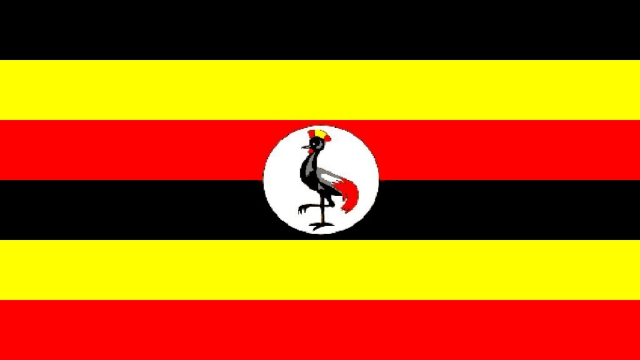LGBT Rights Following Uganda’s Presidential Election

Post submitted by HRC Global Deputy Director Jean Freedberg with contributions from HRC Global Intern Joey McIntosh
Following Ugandan President Yoweri Museveni’s re-election victory last week, HRC Global attended a roundtable discussion on the situation of LGBT people during and following the election.
Ugandan LGBT activists Frank Mugisha, the executive director of Sexual Minorities Uganda (SMUG), and Nicholas Opiyo, human rights lawyer and founder of Chapter Four Uganda, joined HRC and other advocates at the discussion hosted by the Robert F. Kennedy Human Rights.
President Museveni has been in office since 1986 and signed the infamous Anti-Homosexuality bill in 2014. Though the courts subsequently invalidated the law, it created a backlash of violence against the LGBT Ugandan community that persists today. President Museveni won re-election with 62 percent of the vote, however international electoral observers announced that the election “fell short of key democratic benchmarks,” noting the arrest of opposition party members and the government shut down of social media sites.
Another recent law likely to heavily impact the LGBT community and advocates is the Non-Governmental Organizations Act. Passed in November 2015, it requires all non-government organizations to apply for a permit in order to operate and gives authorities the ability to jail the leaders of the organizations if the message of the organization is “against public interests.” Opiyo mentioned that this could stop his own organization, SMUG, as well as threaten the work of other International NGOs operating in Uganda. With President Museveni returning to the presidency, the situation remains grim for LGBT groups and activists to receive permits or to advocate peacefully.
Mugisha does not have much hope that the situation for LGBT people will get better in the near term. The Ugandan government is seemingly growing more insecure after facing strong condemnation and international backlash following the Anti-Homosexuality bill.
“In fact, it is most likely going to see something worse,” Mugisha shared.
Participants in the roundtable asked what the international community could do to help LGBT Ugandans. Mugisha explained the impact of the international outcry over the Anti-Homosexuality bill and suggested that the same international pressure and the “constant bombardment of officials” could be effective against the NGO law. Opiyo also stated that international political, sports and entertainment figures speaking out for equality could also have a positive impact.
Opiyo and Mugisha agreed that the most helpful way to promote the rights of LGBT Ugandans is to ensure that U.S. foreign assistance is strategically directed to organizations and groups who are assisting the most vulnerable citizens.
“Change will not happen quickly,” Opiyo said. “We must be consistent, deliberate and patient.” He asked that advocates, politicians and researchers keep Uganda on their radar, and called for new and innovative ideas to support the LGBT equality movement in Uganda.
HRC has released statements condemning President Museveni for signing the Anti-Homosexuality Act, called for Secretary Kerry to keep the Ugandan government accountable for their actions and has shown support for the LGBT community and advocates.
To learn more about the situation in Uganda, check out HRC Global’s Global Spotlight report about the many human rights abuses facing the LGBT community.
You Might Like

